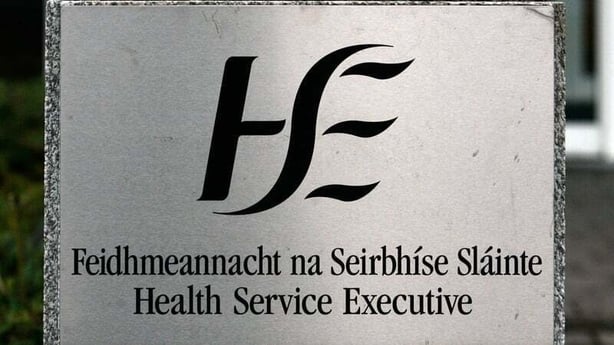Parents and school staff at special schools say students are not getting the education and support they deserve due to the removal of essential, in-school therapies.
An alliance of parents, teachers, special needs assistants and principals will brief TDs at Leinster House, as part of their campaign to reinstate therapists at all special schools.
Many vital therapeutic supports including occupational therapy, speech and language therapy as well as behavioural therapy, were removed from special schools in 2020.
The HSE's Progressing Disabilities Services (PDS) model reconfigured children's disability services which saw clinicians, such as occupational therapists, speech and language therapists, and physios, removed from schools.
Instead, they were replaced by the HSE's Children's Disability Network teams (CDNTs), the aim of which was to provide multidisciplinary therapy services to children in their communities and local areas.
However, parents say the CDNT teams have not succeeded in recruiting the necessary staffing and have not worked, meaning children are missing out on vital therapies.

In August, a pilot plan to redistribute therapists through 16 special schools was announced.
The programme is to be rolled out in 16 schools each year going forward.
However staffing remains an issue and parents say that as it stands no therapists have been put into the schools announced under the pilot.
There are currently 130 special schools in Ireland.
Orlaith Kerrigan, whose son Luke attends Kolbe Special School in Portlaoise, Co Laois, said without these therapies in school, her son will not fulfil his full potential.
"Luke is a wonderful little boy. He's full of potential but his biggest challenge would be co-regulation and regulation of his emotions" she explained.
"These are skills that typical children have at a very early stage in life but Luke still struggles with them and he needs therapeutic support to help him with those issues.
"But before he can access education or have any hope of accessing education those needs have to be met," she said.
"Luke loves school and that's a testament to the staff at Kolbe but all their resources go towards regulating Luke. All the time is being taken up doing what the therapists should be doing," Ms Kerrigan added.
Lynsey Behan, whose son Jason also attends Kolbe Special School, is urging politicians to address the situation.
Jason has cerebral palsy and epilepsy.
"It doesn't occur to people that a 14-year-old could be in nappies. It takes three people to change him. It's physically demanding. Having regular therapists in here, like physio and OT, would make such a difference.
"If therapists were coming here on a regular basis, they could work on supports with the children, in my son's case they could work on his walking needs. He could be a lot more comfortable.
"People think these children just go to school but they don't appreciate what goes on in these schools, it's not just a place of learning but it's the life skills they learn," she added.
Claire Buggy is a Special Needs Assistant at Kolbe Special School. She has worked at the school for over 20 years and said the situation has gone backwards in her time.
"Going back 23 years ago, we would have had loads of therapists coming in. Our speech and language therapist would come in once a week, sit down and do programmes with the children.
"Now we've nothing. You've to ring, you've to email looking for therapists the whole time. They're coming in and they've 800-900 cases themselves and are trying to get through them.
"Therapists are not being replaced. Everything is fractured and money is being taken away from vulnerable people who need it".

The HSE said in a statement that its teams are currently engaging with the school principals of the pilot schools, and recruitment for the permanent therapy posts is taking place.
In the meantime, therapists from the existing CDNTs will continue to go into the schools.
The HSE has said it is sorry to those families who have had a poor experience in trying to access services.
The teams provide services and support for over 46,000 children and strategies and supports for urgent cases on the waitlist where staffing resources allow.
However, the HSE said there are significant challenges for CDNTs, including significant staffing vacancies, growth in numbers of children with complex needs, increasing rate of referrals to the CDNTs and a growth in demand for assessment of need.
The HSE said it is also working on additional recruitment and retention measures for members on the teams.







